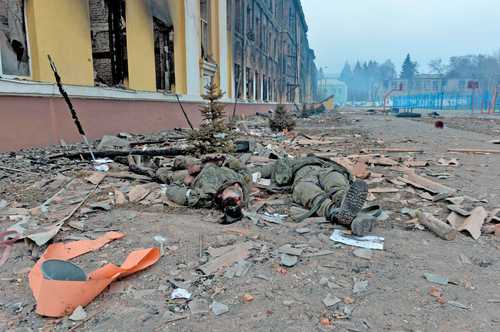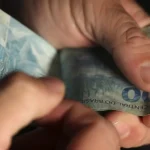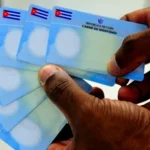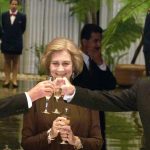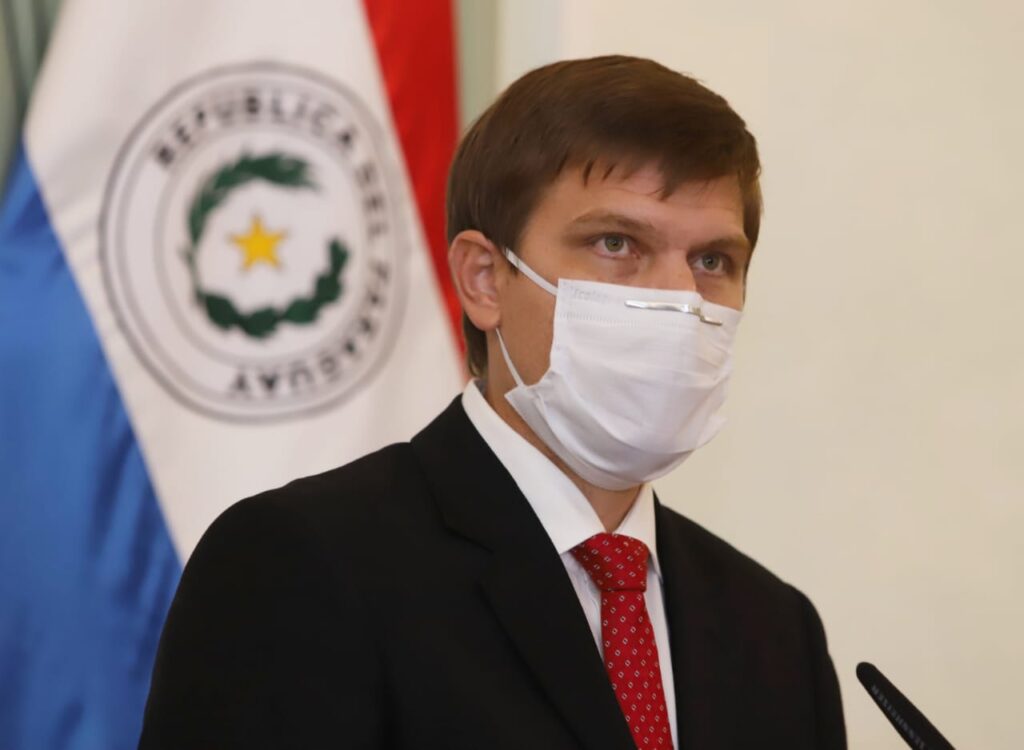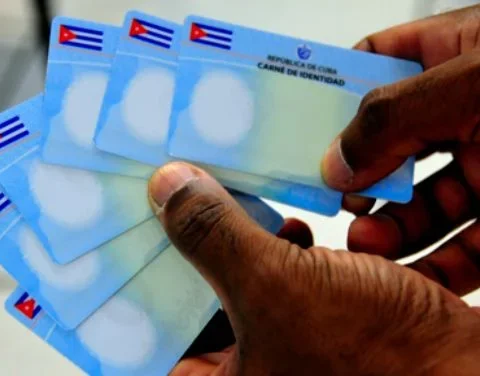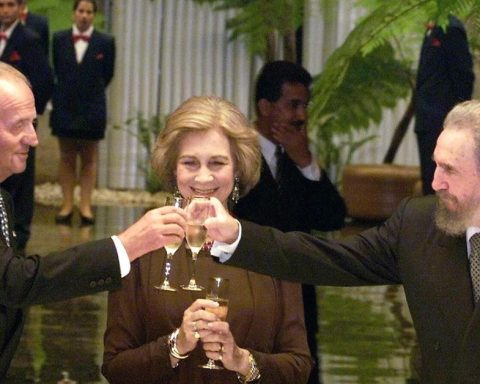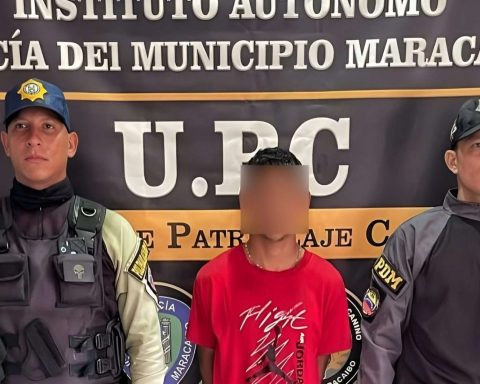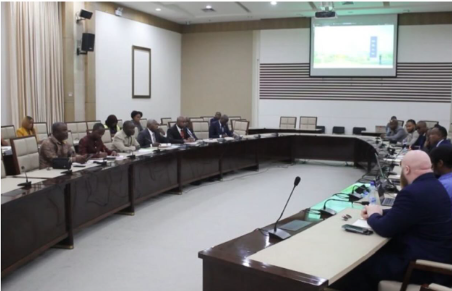The US and its allies agree to strengthen financial, military and humanitarian support to Ukraine
▲ The bodies of two Russian soldiers lie next to a destroyed school after fighting in the city of Kharkov, near the border.Photo Afp
Afp, Europa Press, Reuters and Sputnik
Newspaper La Jornada
Tuesday, March 1, 2022, p. 4
Washington. The president of the United States, Joe Biden, yesterday held a conversation with his allies to consolidate his position of financial and humanitarian support to Ukraine in the face of the Russian offensive, hours after Great Britain, Norway, Sweden, Finland and Canada promised military aid to Ukraine. Kiev.
During the conversation, the participants recognized the courage of the Ukrainian people in the face of Russian aggression and discussed how to continue to support Ukraine in security, economic and humanitarian matters
reported the White House.
Furthermore, they tried coordinated efforts to impose great cost and consequences on Russia (…) while working to maintain global economic stability, including as it relates to energy prices
.
The secretary general of the North Atlantic Treaty Organization (NATO), Jens Stoltenberg; British Prime Minister Boris Johnson; his Canadian counterpart, Justin Trudeau; the Italian, Mario Draghi; the Japanese, Fumio Kishida; French President Emmanuel Macron; German Chancellor Olaf Scholz; the presidents of Poland and Romania, Andrzej Duda and Klaus Lohannis, respectively, as well as the president of the European Commission, Ursula von der Leyen, and the president of the European Council, Charles Michel.
Biden relativized the risk of a nuclear confrontation with Russia, stating that he had not seen any movement concrete
a day after Russian President Vladimir Putin decided to put Moscow’s deterrent forces on alert.
Asked if Americans should be concerned about the possibility of nuclear war, President Joe Biden responded: No
.
Washington calls Putin’s order provocative, unnecessary and dangerous rhetoric
increases incident risks
but seems to attribute it to a climbing
and avoid responding to it.
We see no reason to change our own alert levels
State Department spokesman Ned Price reacted. We have not changed our position
confirmed his White House counterpart, Jen Psaki, who claims that he wants to do lower the tension
.
A senior Pentagon official told reporters that Washington is reviewing Putin’s announcement and stressed that I don’t think we have seen anything concrete as a result of his decision. At least not for now
he added.
In his turn, Stoltenberg reiterated his condemnation of the Russian offensive, accused Belarus of having a enabling role and ruled out for now imposing a no-fly zone in Ukraine
.
More security help
Johnson defended the need to continue supporting the Ukrainian government with defensive weapons, although he did not specify how many and what type. He stressed the importance of a greater commitment from allies such as Germany, which this weekend approved a significant increase in its military spending.
Downing Street pointed out that the sanctions imposed on Russia, which include the closure of ports to Russian ships, seek to make fall
to Russian President Vladimir Putin, although regime change is not sought, but rather to stop Russia, a Boris Johnson spokesman told reporters.
British Defense Minister Ben Wallace asked his compatriots not to travel to Ukraine to join squads made up of foreigners to fight Russian forces, after Chancellor Liz Truss expressed her support for those who did.
Russia’s neighbor Norway will donate 2,000 M72 anti-tank grenade launchers to Kiev, Norwegian Prime Minister Jonas Gahr Store explained in an official government press release.
Sweden will send Ukraine 52 million dollars in aid along with military equipment, said Swedish Chancellor Ann Linde.
Finland, another neighbor of Russia, will provide 2,500 assault rifles, 150,000 ammunition, 1,500 grenade launchers and 70,000 field rations, said Defense Minister Antti Kaikkonen.
Canada will supply Ukraine with anti-tank weapons systems and upgraded ammunition to add to three previous shipments of lethal and non-lethal equipment, Prime Minister Justin Trudeau said.
Reinforcement of sanctions and expulsions
In this context, Washington expelled twelve Russian diplomats to the United Nations (UN), whom it accused of espionage, while the European Union imposed sanctions on 26 Russian citizens and Switzerland joined the EU sanctions against Putin and other senior Russian officials such as Prime Minister Mikhail Mishustin and Foreign Minister Serguei Lavrov.
At least 250 thousand people demonstrated in Cologne (Germany) for peace in Ukraine in a march that replaced the traditional Rose Monday of the German city’s carnival, canceled by the covid-19 pandemic.
The EU has opened a door to Ukraine, but warned that the process will not happen immediately, as demanded by Volodymir Zelensky, who wants the country to be accepted. Without delay
.
The head of European diplomacy, Josep Borrell, said that the Russian offensive is turning increasingly brutal and Ukrainian forces respond with courage
at the end of a video conference with European defense ministers.
Canada bans importing Russian crude
Canadian Prime Minister Justin Trudeau has announced a ban on Russian oil imports, arguing that revenue from the industry has helped prop up President Vladimir Putin and Russian oligarchs to wage war against Ukraine.
Trudeau said Ottawa will also provide Ukraine with anti-tank weapons and ammunition in addition to previous arms shipments.
Today we are announcing a ban on all crude oil imports from Russia, an industry that has greatly benefited President Putin and his oligarchs.
Trudeau said at a news conference.
Even though Canada has imported only very limited amounts in recent years, this move sends a strong message
he added.
Canada, with the world’s fourth largest reserves of crude oil, is a net exporter of oil, but still imports significant amounts from other countries including the United States and Saudi Arabia, and recently also from Russia, for its domestic consumption.
